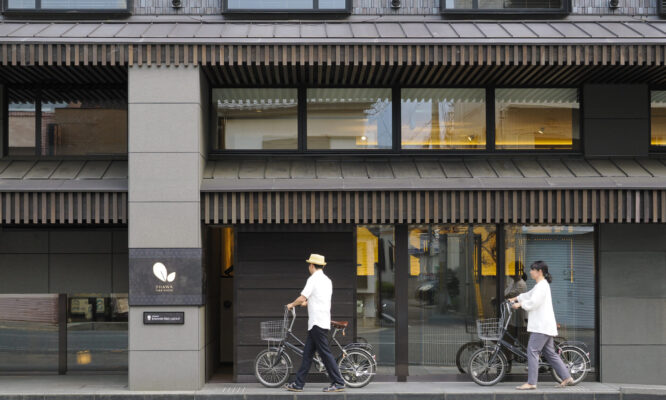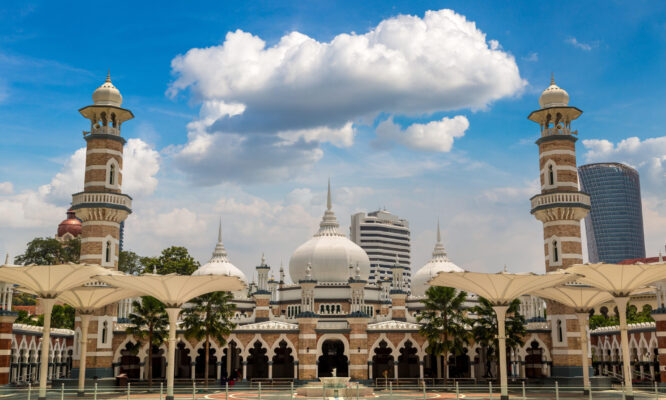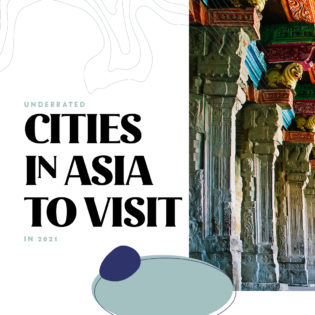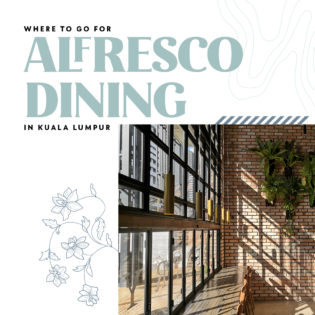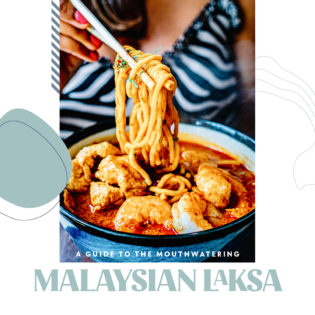Words Sharon Crowther Photography courtesy of Picha Project
I arrive at an apartment building in an unfamiliar suburb of Kuala Lumpur with nothing more than my curiosity and an address for an open house. Climbing the stairs to find the unit number, I notice two things; the mouthwatering smell of home-cooking and the sound of happy chatter, both of which fill the stairwell.
The apartment I’m looking for belongs to Rania, a refugee from Syria, and her six-year-old son Taim. Rania and Taim are one of 11 families who work with The Picha Project, a unique social enterprise that empowers refugees to earn much-needed income by hosting dinner parties, catering for events and preparing lunch boxes for corporate clients.
Tonight, Rania is feeding a dozen guests in her tiny home, and her table is laden with a feast of Middle Eastern fare, including hummus, moussaka, tabbouleh and falafel. She speaks little English but welcomes us warmly with her smile. We pile our plates high and, at our host’s insistence, return for second helpings. The food is delicious.
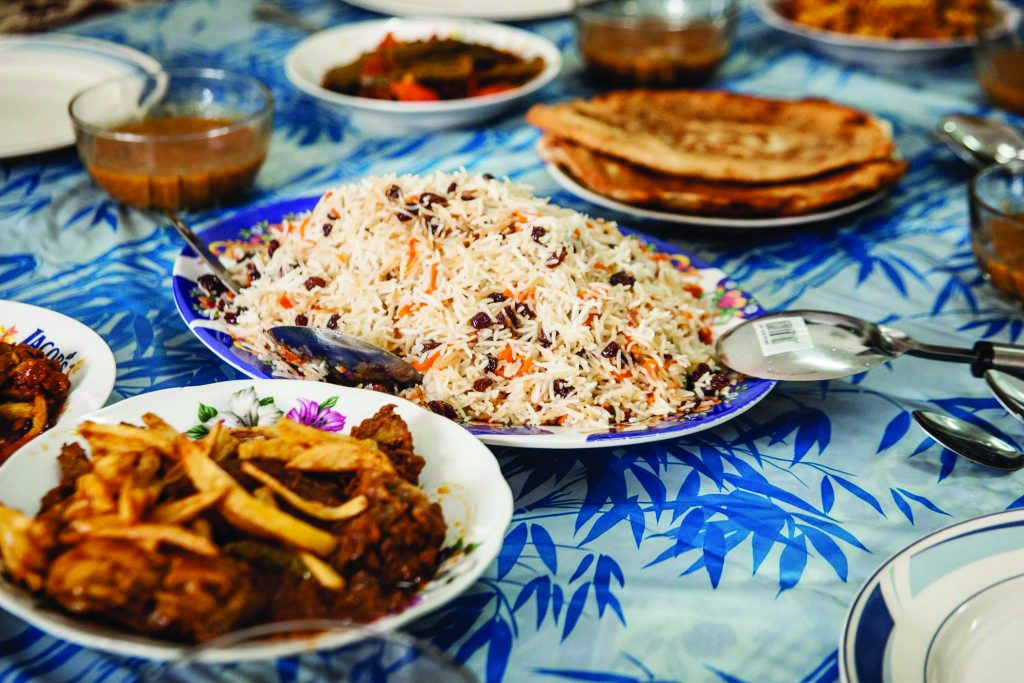
After dinner, while Rania serves us cups of herbal tea and squares of sugary basbousa, a sweet, homemade coconut cake, we hear her story through an interpreter.
Once a teacher, Rania fled her home in Syria with her husband and baby five years ago. Her home city of Raqqa, on the northeast bank of the Euphrates River, 160 kilometres east of Aleppo, now lies in war-torn ruins, and Rania worries daily for her friends and family still living there.
The family settled in Kuala Lumpur, where they declared themselves to the United Nations as asylum seekers. They are among 158,620 refugees registered in Malaysia as of June 2018. Last year, Rania’s husband passed away, leaving her to raise their son alone. Her status means she cannot gain employment in Kuala Lumpur while she awaits resettlement, though there are no guarantees that resettlement will ever happen.
Despite the enormous challenges she has faced, Rania concludes her tale by saying that she believes “what’s coming will always be better, if you have faith and smile.”
While their future is still uncertain, through The Picha Project, Rania, Taim and other families like them have been given a lifeline for the present, a chance to earn a sustainable living, to be part of a community and to have their stories heard.
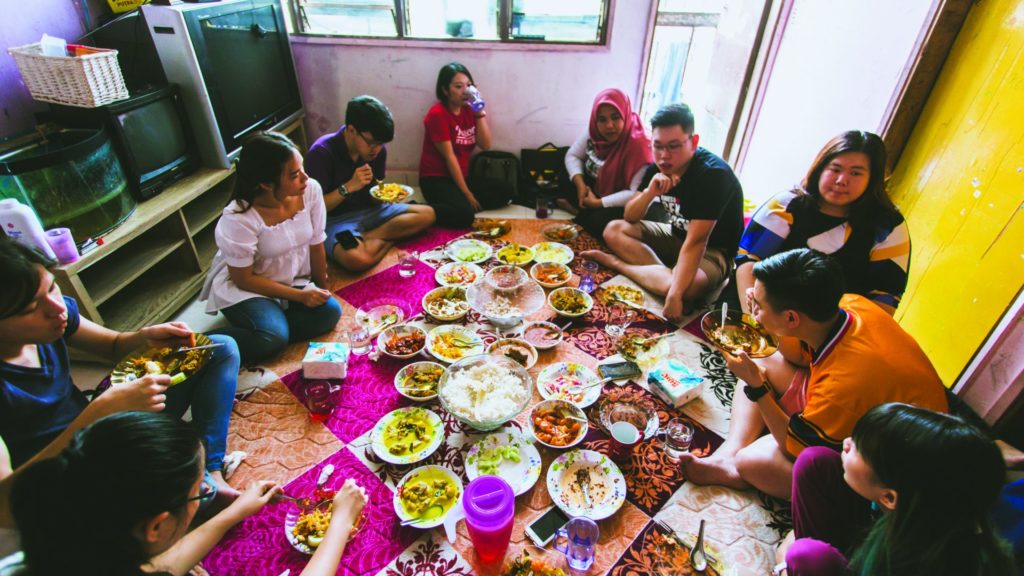
The groundbreaking social enterprise was started in 2016 by Kim Lim, Swee Lin and Suzanne Ling, three students who set out to help refugee families living near their university
“Five years ago, while studying, we started volunteering at a nearby refugee school. Because refugee children are considered illegal immigrants in Malaysia, they’re not allowed to attend public schools here, so they are largely taught by volunteers,” says Ling.
Ling and her fellow founders not only volunteered their time to teach, they also raised funds for the school to help with materials and running costs. It was during this time that they began to realise the wider issues affecting their students.
“After a couple of years of teaching, we noticed that a lot of children would drop out of school at around 13 years old because that’s when they would start working illegally in order to help support their families,” she says. “We realised that unless we did something to alleviate the financial pressures of these families, many of their children would not be able to remain in education or even have a proper childhood.”
Being students, Ling and her co-founders were acutely aware of the importance of education and of every child’s right to attend school. They resolved to come up with a sustainable solution to the financial shortfall facing so many refugee families.
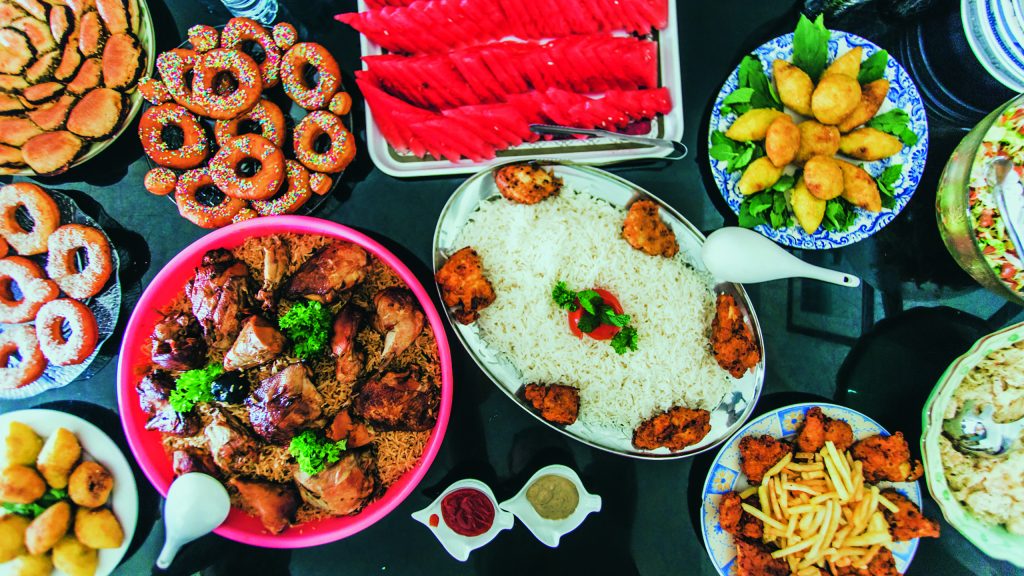
“By this point we had gotten to know some of our students’ families and they were always so welcoming and generous with their amazing food,” she recalls. “We realised that this was something unique that they could offer and that we could monetise for them.”
“Hospitality is also a way for them to change perceptions of their community,” she continues. “Refugees are often poorly stereotyped because they don’t have a way to speak out for themselves, and so people make assumptions about them. By giving them a chance to tell their stories at our open houses, we hope to change some of those assumptions.”
Two years on, The Picha Project now works with 11 families from five countries, benefitting 60 refugees in total. Their menu includes Afghan flatbreads and dumplings, Iraqi shawarma, Syrian biryani, Burmese Turmeric Chicken and Palestinian Chicken Mandi. They cater for everything from large corporate events to family weddings, Chinese New Year to birthday parties.
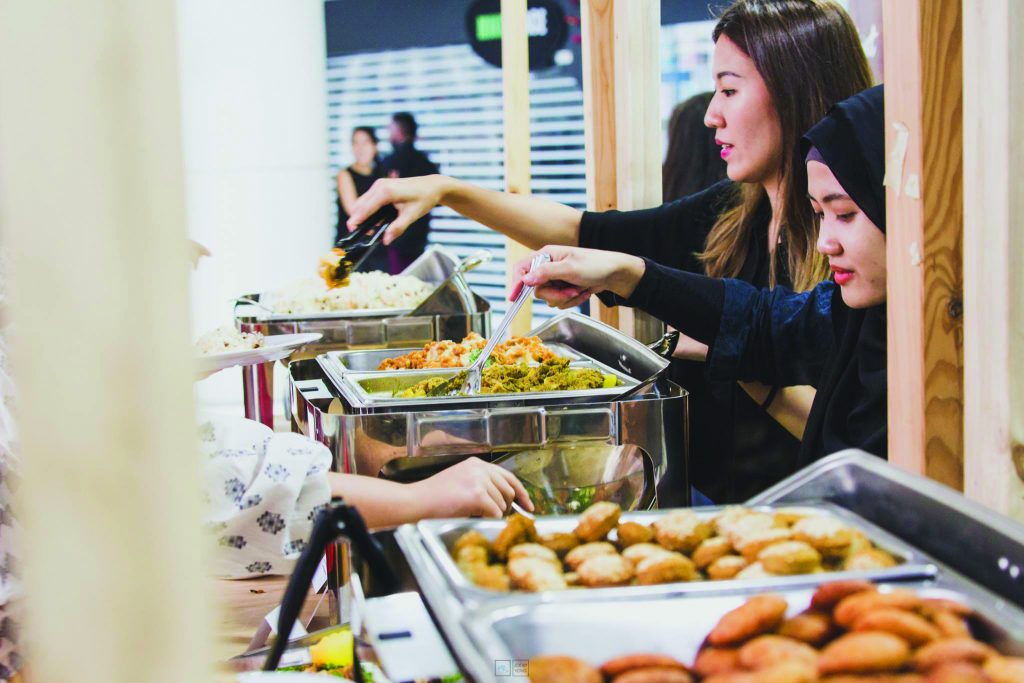
Their business model means half of all proceeds, whether it’s catering or open houses, go directly to the family hosting or cooking, while the other half covers the cost to The Picha Project for supervising, quality control and marketing. Their open houses cost 80 ringgit per head, while meal boxes and event catering are available from 20 ringgit per head with a minimum spend of 1,500 ringgit.
The Picha Project CEO Lim says their ambition is to grow the enterprise to encompass a greater number of those in need. They’re also currently diversifying the business to include selling sauces, condiments and sweets to give families more ways to earn incomes.
“We’re working to improve the technology side of our business right now to make online ordering easier and to automate some processes to allow us to scale up the work we do,” she says. “Our ambition is to support 1,000 refugees in Kuala Lumpur by the year 2025.”
“Refugees are often poorly stereotyped because they don’t have a way to speak out for themselves, and so people make assumptions about them. By giving them a chance to tell their stories at our open houses, we hope to change some of those assumptions.”
